Music is the lifeblood of my family.
We gathered at my grandparents’ house for music and food on Sundays after church. Doris, my grandmother, flitted between waiting for the hot pan of fried chicken to cool and playing a gospel song on the piano.
Eddie, my grandfather, played the drums with soft wire and nylon brushes. His technique caressed, rather than drove, the jazz melodies he liked to play. But then, there was something about how Aunt Margaret danced and tilted her face toward the sky when the rhythm hit just right, making music magic.
I often joined in on the xylophones or with a pair of maracas that were lying around. I probably made more noise than music.
Music was a sanctuary and a classroom for my grandparents. They often invited visiting musicians who needed a hot plate and a warm bed a place in their home. Eddie donated the first set of drums to our church and spent the following four decades teaching young boys how to play. Doris gave music lessons. Memories of how her beautiful hands moved across the piano inspired me to play the flute in junior high and high school.
Our family memories are among the reasons why I love Black Music Month. Celebrated every June, President Jimmy Carter created the holiday in 1979 to honor “African American musical influences that comprise an essential part of our nation’s treasured cultural heritage.”
Black music is undeniably American music.

Ella Fitzgerald
Nearly every popular musical style today has Black roots – rhythm & blues, rock and roll, country, rap, funk, jazz, and blues. In addition, African American artists created and influenced more than 50 musical styles and genres, according to the National Museum of African American Music in Nashville, which opened last year.
Established in the South Bronx nearly 50 years ago, hip-hop is a global phenomenon. It has become the soundtrack to articulate the struggles of the poor and dispossessed in Cuba, Brazil, Venezuela, Haiti, and the Dominican Republic. In addition, hip Hop spawned new genres in the United Kingdom, Germany, Turkey, the Netherlands, Poland, and Bulgaria.
However, Black music in the United States had tragic beginnings. Enslaved Africans and their descendants employed music as a counterweight to the physical, emotional, and spiritual terror they experienced daily. White people may be able to buy and sell enslaved Blacks like cattle or furniture, but they couldn’t silence the music that pulsed inside us.
Black music has been derided, shut down, shoved aside, pushed to the nighttime, and exploited. Yet, Black artists still rise. Some of the best-selling musicians in nearly every musical genre popular in the United States are African Americans — Beyoncé, Michael Jackson, Miles Davis, Ella Fitzgerald, Aretha Franklin, Whitney Houston, Tupac, Cardi B, and Lizzo.

Miles Davis
In addition, Black music has always been tied to our ongoing struggle for civil rights – whether it was Billie Holiday bemoaning the “strange fruit” on southern trees or Kendrick Lamar declaring, “we gon be alright.” Black music is more than protest music; it’s life music. The magical force pulls you out of bed to give the day one more try, even though racial microaggressions aren’t so micro anymore.
Some white people complain that they “just don’t understand” Black folks like we’re aliens. So they read books and take seminars to comprehend something that’s been there all along.
We put everything in our music. It’s in the way an auntie in the church yells, “That’s alright, baby,” when a soaring soprano finds that place in her spirit that nobody can touch, and she wants to give it all to God. We are in the growl Aretha Franklin emits when she wants a little respect when she gets home. We are also in the crooning trumpet Miles Davis plays in “Someday My Prince Will Come” and the slap of the p-funk in Bootsy Collins’ base.
Celebrating Black Music Month is more than jamming to your favorite 90s hip-hop hit. It’s about honoring the unique creativity that gave birth to a musical lineage born in southern cotton fields, came of age in northern and midwestern cities, and matured into an unstoppable global force.
Most importantly, when we observe Black Music Month, we commemorate all of the makers, known and unknown, who have transformed our lives into something more beautiful and honest.

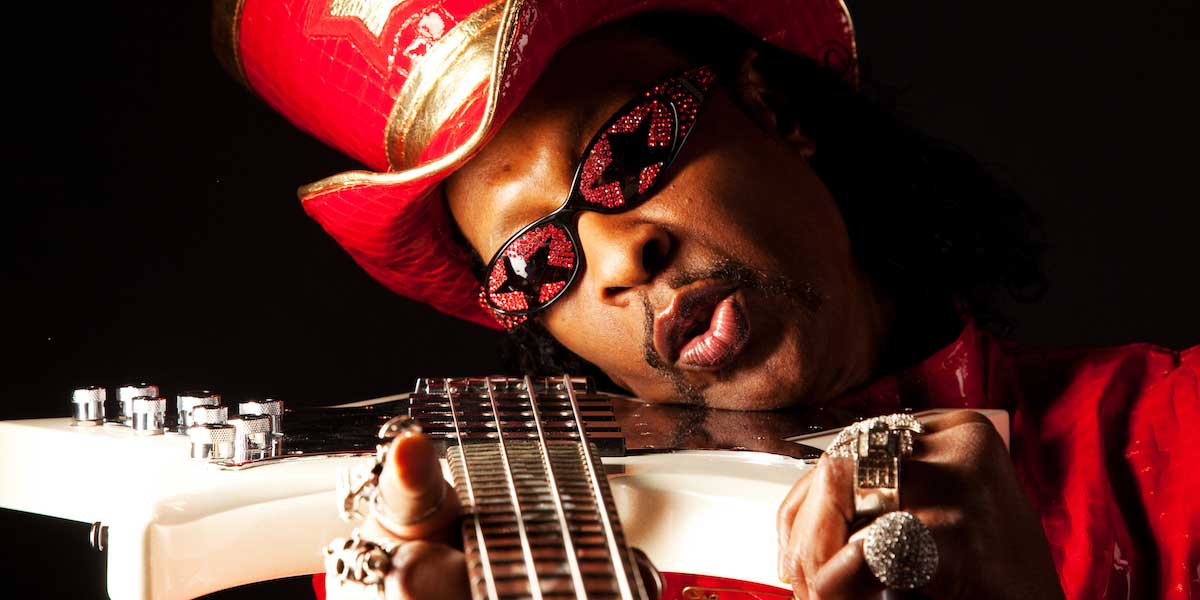
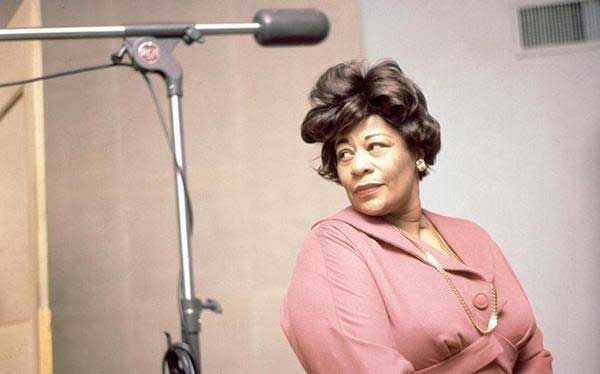
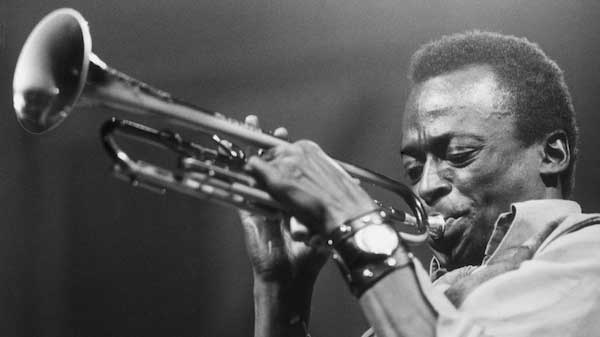



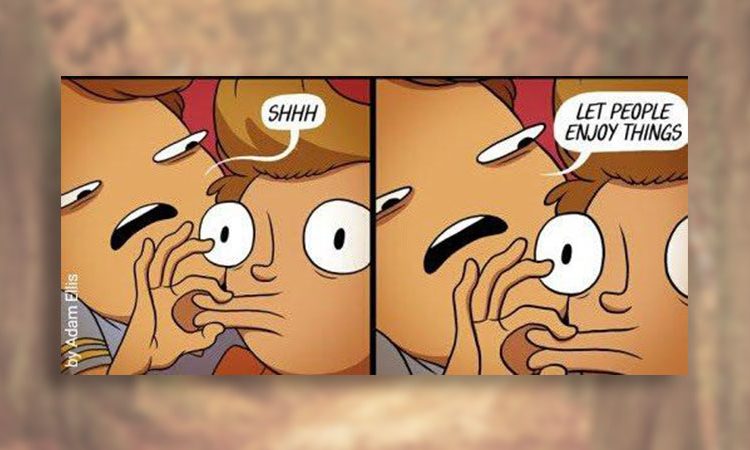
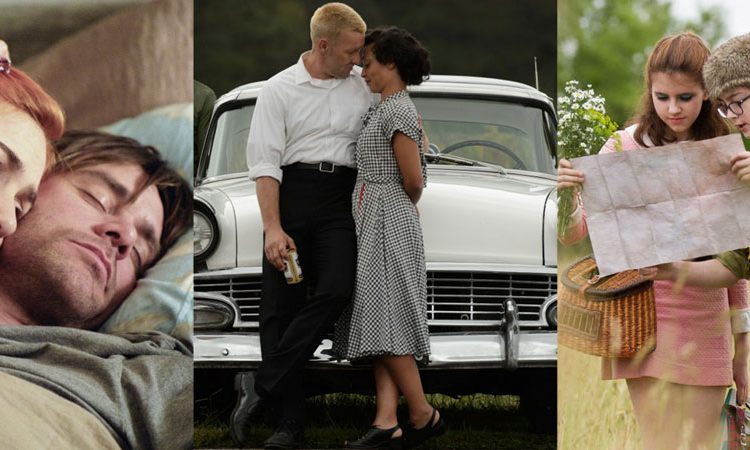
Leave a Reply